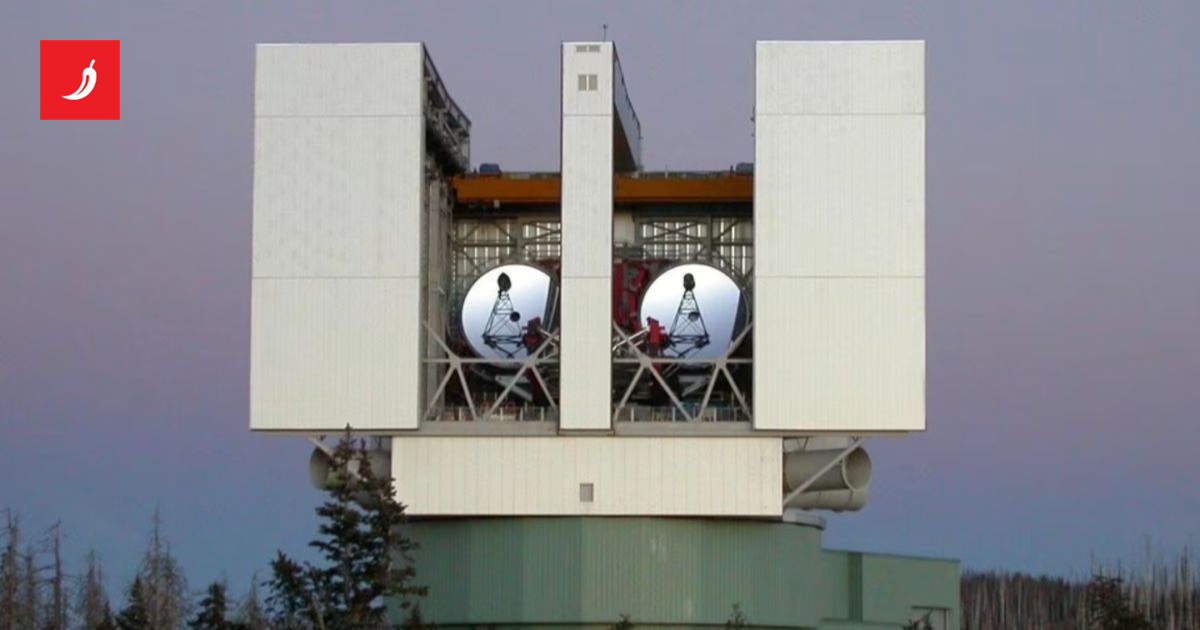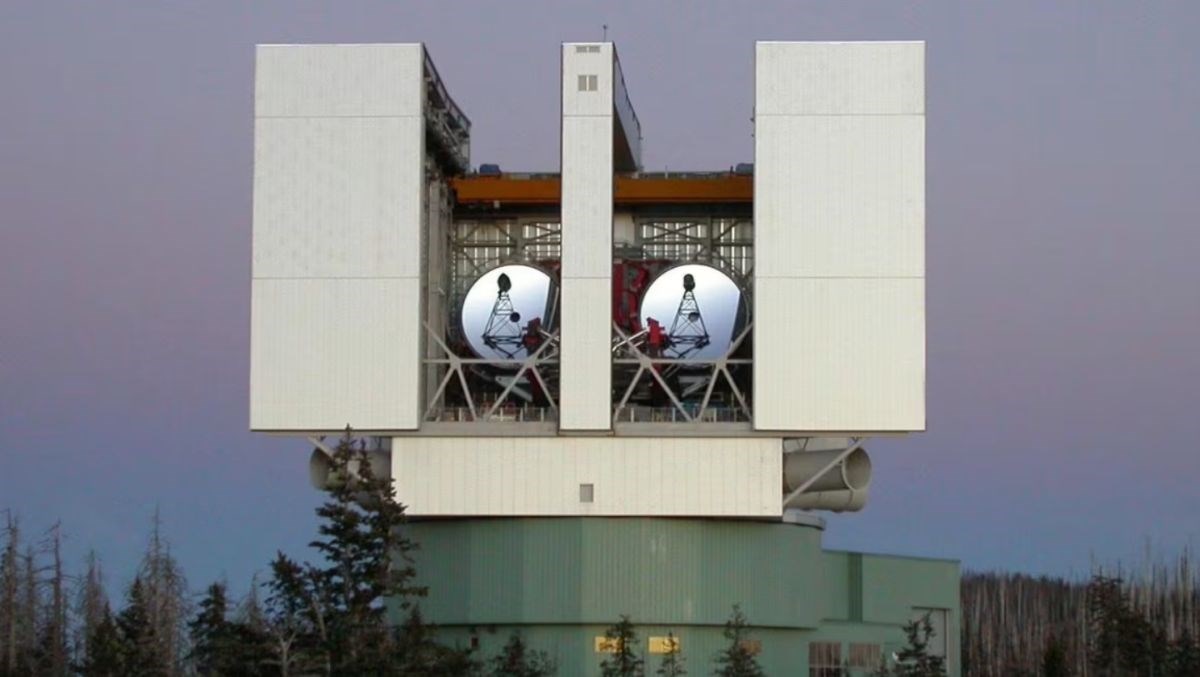Imagine a galaxy that hasn’t changed at all for 7 billion years! Yes, you read that right — a true rarity in the chaotic universe. Astronomers have just discovered such a fossil galaxy, named KIDS J08420059, located about 3 billion light-years from Earth. This galaxy is like a cosmic time capsule, giving us a unique glimpse into the earliest stages of galaxy formation.
Why is this discovery such a big deal? Most galaxies go through two phases of development: the first is a starburst phase, a rapid explosion of star formation, and the second is a chaotic merging phase with other galaxies that changes their shape and size. But fossil galaxies like this one have skipped the second phase and remained almost untouched. That means KIDS J08420059 has preserved about 99.5% of its stars formed in the first phase, making it extremely compact and dense — much denser than our Milky Way.
How did astronomers spot it? Using the Large Binocular Telescope in Arizona, which has incredibly sharp resolution thanks to advanced adaptive optics technology that corrects for atmospheric turbulence. The galaxy was first spotted by the VLT telescope in Chile, but detailed confirmation came only recently.
This fossil galaxy is a real gem for scientists because it helps us understand how the first massive galaxies formed and why some stopped making new stars. One theory is that supermassive black holes at the centers of galaxies blow out powerful winds that either eject or heat the gas, preventing new star formation.
Even though this galaxy is billions of light-years away, its light has been traveling to us for 3 billion years, meaning we see it as it was back then. Scientists believe it will likely remain unchanged for a long time, but they still don’t know what prevented it from interacting with other galaxies.
The discovery of KIDS J08420059 is just the beginning. The INSPIRE project has already identified dozens of other fossil galaxy candidates, and new telescopes like Euclid, launched by the European Space Agency, promise to make the search even more efficient. Euclid will be able to scan larger areas of the sky and identify ultra-compact galaxies, helping estimate just how rare these fossil galaxies really are — maybe just one in a million galaxies in the universe.
So next time you look up at the night sky, remember there’s a galaxy out there frozen in time, holding secrets from the universe’s earliest days. And if you’re bored, try imagining what it would be like to live in such a galaxy — where nothing changes for billions of years! Got a theory why these galaxies stayed untouched? Or think this is just the start of the discoveries? Drop a comment and stir the cosmic pot. The universe is full of mysteries, and we’ve only just scratched the surface!











































